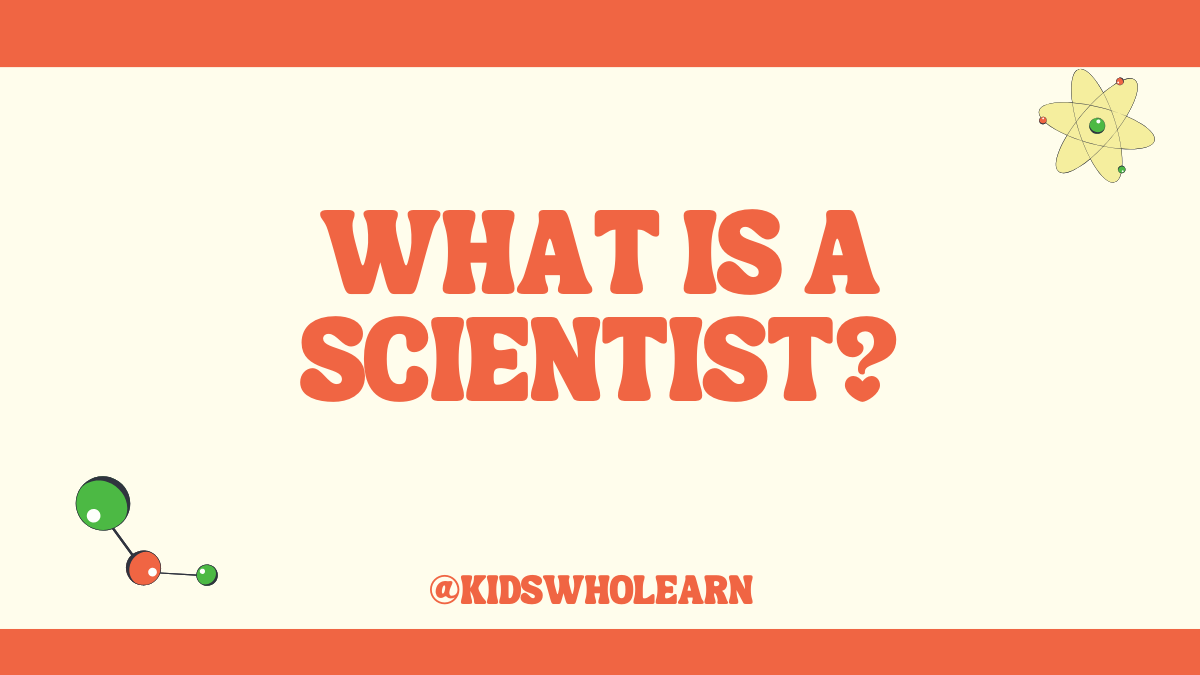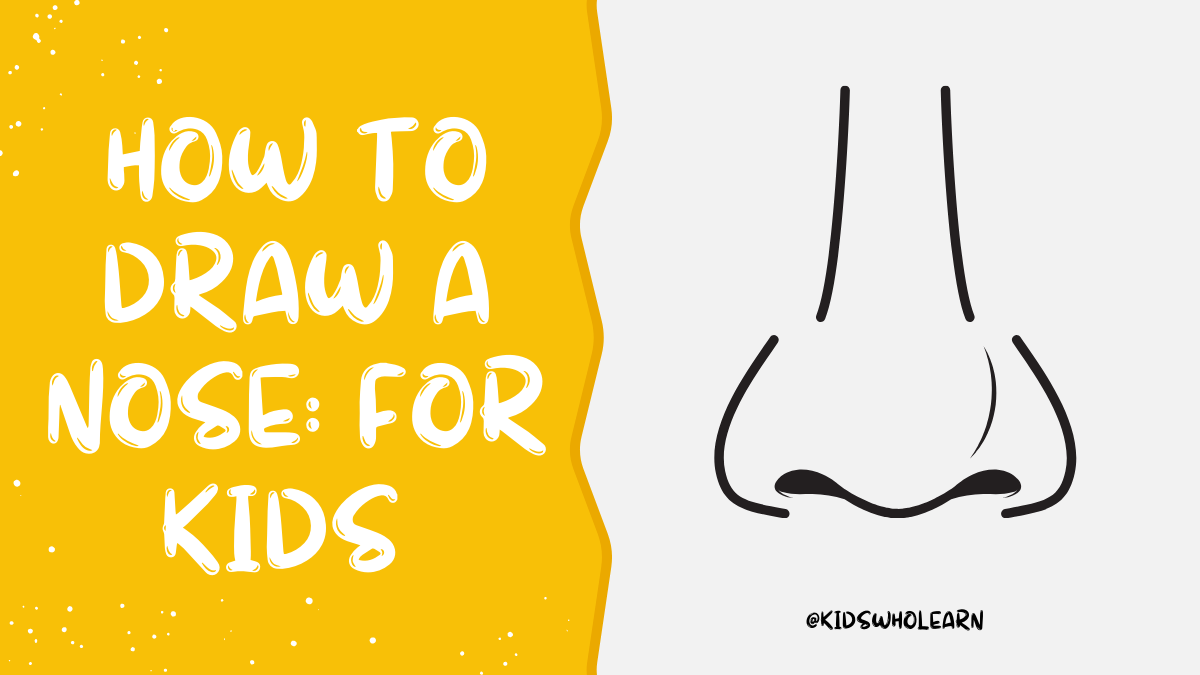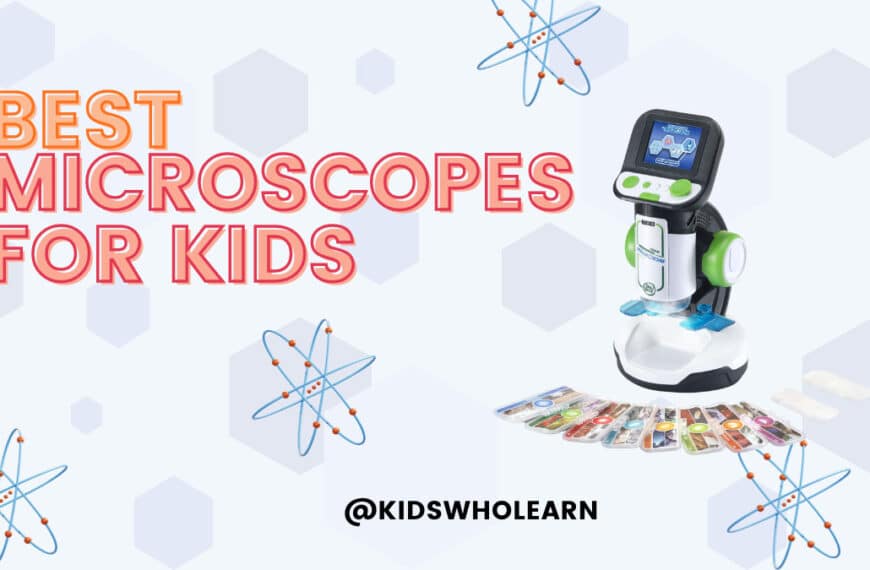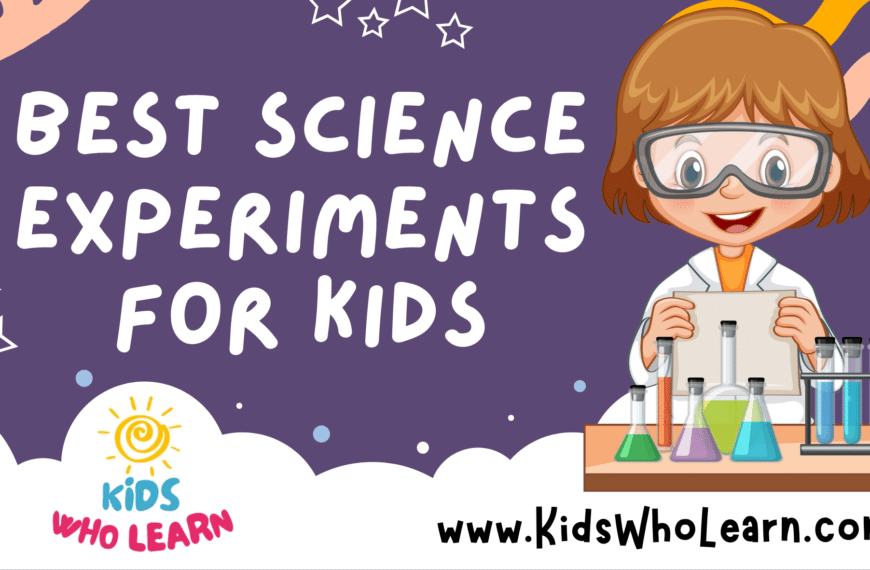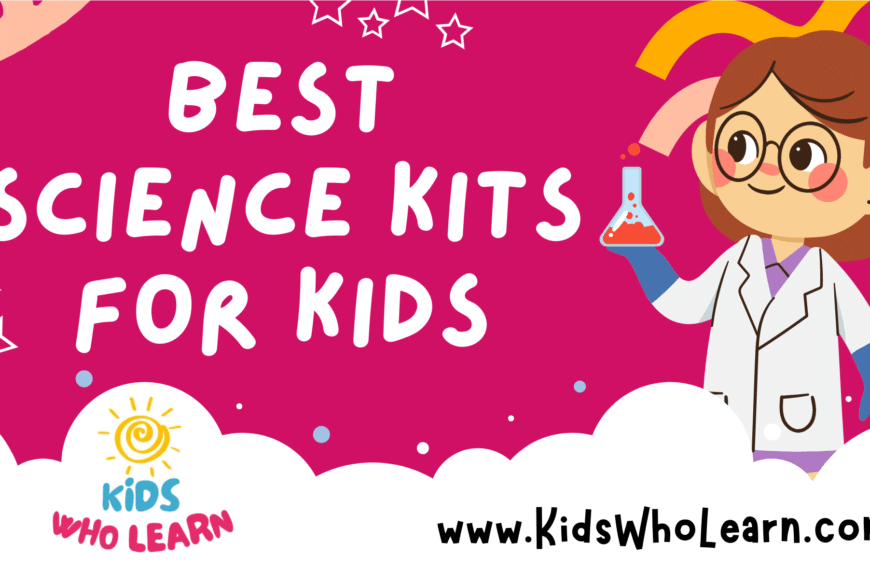If you’ve ever wondered what a scientist is and what they do, you’re not alone. Scientists are an important part of our world, and their work helps us understand everything from the tiniest particles to the largest systems in the universe. In this article, we’ll explore what it means to be a scientist and why their work is so important.
So, who is a scientist? At its most basic level, a scientist is someone who studies the natural world and tries to understand how it works. Scientists use a variety of tools and methods to gather data and test hypotheses, and their findings help us better understand the world around us. But being a scientist isn’t just about collecting data – it’s also about asking questions, thinking critically, and being creative in finding solutions to problems.
Key Takeaways
- Scientists study the natural world and try to understand how it works.
- By gathering data and testing hypotheses, scientists help us better understand the world around us.
- Being a scientist involves asking questions, thinking critically, and being creative in finding solutions to problems.
Who Is a Scientist
If you’re curious about the world around you and enjoy asking questions and finding answers, you might have what it takes to be a scientist! Scientists are people who study the world through careful observation, experimentation, and analysis. They use their knowledge and skills to learn more about how things work and to solve problems.
Traits of a Scientist
Scientists come from all walks of life and have many different interests and backgrounds. However, there are some common traits that many successful scientists share:
- Curiosity: Scientists are always asking questions and seeking answers. They are driven by a desire to learn more about the world around them.
- Creativity: Scientists often need to think outside the box to design experiments and solve problems. They are not afraid to try new things and take risks.
- Persistence: Science can be challenging and frustrating at times. Scientists need to be able to stick with a problem and keep trying until they find a solution.
- Attention to detail: Scientists need to be very careful and precise in their work. They must pay close attention to every detail to ensure that their results are accurate and reliable.
- Communication skills: Scientists need to be able to explain their work to others, both in writing and in person. They must be able to communicate complex ideas in a clear and understandable way.
Types of Scientists
There are many different types of scientists, each with their own area of expertise. Here are just a few examples:
- Biologists: Biologists study living organisms, from tiny bacteria to large animals and plants. They might investigate how organisms interact with each other and their environment, or how diseases spread.
- Chemists: Chemists study the properties and behavior of matter. They might work on developing new materials or drugs, or investigate how chemicals interact with each other.
- Physicists: Physicists study the fundamental laws of the universe, from the smallest particles to the largest structures. They might investigate the behavior of light, the properties of matter, or the nature of space and time.
- Geologists: Geologists study the Earth and its history. They might investigate the formation of mountains, the movement of tectonic plates, or the behavior of volcanoes.
No matter what type of scientist you become, you’ll have the opportunity to make exciting discoveries and contribute to our understanding of the world around us!
What Does a Scientist Do
As a scientist, you are someone who studies the natural world to gain a better understanding of how it works. You use your knowledge and skills to investigate questions, develop new ideas, and solve problems. Here are some of the things that scientists do.
Scientific Method
Scientists use a process called the scientific method to investigate questions and test hypotheses. This method involves making observations, asking questions, forming hypotheses, designing experiments, collecting data, analyzing data, and drawing conclusions. By following this process, scientists can ensure that their findings are accurate, reliable, and unbiased.
Experiments and Observations
Scientists use experiments and observations to test their hypotheses and gather data. Experiments involve manipulating variables to see how they affect the outcome. Observations involve carefully watching and recording natural phenomena. Both experiments and observations require careful planning and attention to detail to ensure that the data collected is accurate and meaningful.
Data Analysis
Once scientists have collected data, they use statistical methods and other tools to analyze it. This involves looking for patterns, relationships, and trends in the data. By analyzing data, scientists can draw conclusions and make predictions about the natural world.
In summary, scientists use the scientific method to investigate questions and test hypotheses. They use experiments and observations to gather data, and they use data analysis to draw conclusions and make predictions. By doing these things, scientists gain a better understanding of the natural world and contribute to our collective knowledge.
Where Do Scientists Work
Scientists work in a variety of settings, depending on their field of study. Some scientists work in laboratories, while others work in the field. Here are some of the places where scientists work:
Laboratories
Many scientists work in laboratories, where they conduct experiments and analyze data. Laboratories can be found in universities, government agencies, and private companies. Some scientists work in specialized laboratories, such as those that study genetics or microbiology.
Field Sites
Some scientists work in the field, where they collect data and conduct experiments in natural settings. For example, ecologists might study animal behavior in the wild, while geologists might collect rock samples in remote locations. Fieldwork can be physically demanding and requires scientists to be able to work in a variety of weather conditions.
Classrooms
Some scientists work in classrooms, where they teach students about science. Science teachers might work in elementary schools, middle schools, high schools, or universities. They use experiments, demonstrations, and lectures to help students learn about scientific concepts and principles.
Museums
Some scientists work in museums, where they research and curate exhibits. They might study the history of a particular species or culture, or they might analyze artifacts to learn more about ancient civilizations. Scientists who work in museums often have advanced degrees in their field of study.
Government Agencies
Many scientists work for government agencies, such as the National Institutes of Health or the Environmental Protection Agency. These scientists might study the effects of pollution on human health, or they might develop new technologies to protect the environment. Government scientists often work in teams and collaborate with scientists from other organizations.
Why Are Scientists Important
Scientists are important because they help us understand the world around us. They use their knowledge and skills to investigate and solve problems that affect our lives. Here are some reasons why scientists are important:
Advancing Knowledge
Scientists help advance knowledge by conducting research and experiments. They study everything from the smallest particles to the largest galaxies. They use their findings to develop new technologies, medicines, and ways of thinking.
Solving Problems
Scientists are problem solvers. They use their knowledge and skills to develop solutions to some of the world’s biggest challenges. For example, they work to find cures for diseases, to develop renewable energy sources, and to protect the environment.
Making Discoveries
Scientists make new discoveries that change the way we understand the world. They uncover new species of plants and animals, find new planets, and discover new ways of looking at the world around us. These discoveries help us learn more about the world we live in.
Improving Lives
Scientists improve our lives in many ways. They develop new medicines that can cure diseases, create new technologies that make our lives easier, and help us understand how to protect the environment. By doing this, they make our world a better place to live.
In conclusion, scientists are important because they help us understand the world around us, solve problems, make discoveries, and improve our lives.
Famous Scientists for Kids
Learning about famous scientists is a great way to get inspired and interested in science. Here are a few examples of some of the most famous scientists in history:
Albert Einstein
Albert Einstein is one of the most famous scientists of all time. He is best known for his theory of relativity, which revolutionized the way we understand space and time. Einstein was also a Nobel Prize winner for his work on photoelectric effect.
Marie Curie
Marie Curie was a pioneering scientist who made groundbreaking discoveries in the field of radioactivity. She was the first woman to win a Nobel Prize and the first person to win two Nobel Prizes in different fields (physics and chemistry).
Isaac Newton
Isaac Newton is considered one of the most influential scientists in history. He is best known for his laws of motion and universal gravitation, which laid the foundation for modern physics. Newton was also a mathematician and astronomer.
Charles Darwin
Charles Darwin is famous for his theory of evolution, which explains how species change over time through natural selection. His book “On the Origin of Species” is still widely read and debated today.
Jane Goodall
Jane Goodall is a famous primatologist who has dedicated her life to studying chimpanzees in the wild. Her work has helped us better understand these fascinating animals and has raised awareness about the importance of conservation.
Learning about these famous scientists can help you appreciate the incredible impact that science can have on our world.
How to Become a Scientist
If you’re interested in becoming a scientist, there are a few steps you can take to get started.
- Focus on your education: To become a scientist, you’ll need a strong educational background in science and math. This means taking courses in biology, chemistry, physics, and math. You should also consider pursuing a degree in a scientific field, such as biology, chemistry, or physics.
- Develop your research skills: Scientists need to be able to design and conduct experiments, analyze data, and draw conclusions. You can start developing these skills by participating in science fairs, conducting experiments at home, or working on research projects with your teachers or mentors.
- Gain experience in the field: To become a successful scientist, you’ll need to gain experience in your field of interest. This can include internships, research assistant positions, or volunteering at a science museum or research center.
- Network with other scientists: Building relationships with other scientists can help you learn about new research opportunities, get feedback on your work, and find mentors who can guide you through your career.
- Stay up-to-date on the latest research: Science is constantly evolving, so it’s important to stay current on the latest research in your field. You can do this by reading scientific journals, attending conferences and seminars, and following other scientists on social media.
Remember, becoming a scientist takes hard work, dedication, and a passion for discovery. With the right education, skills, and experience, you can pursue a rewarding career in science.
Frequently Asked Questions
What are some things that scientists study?
Scientists study a wide variety of things, from living organisms to chemicals and materials. Some scientists specialize in studying animals, plants, or humans, while others focus on the study of rocks, minerals, and other non-living things. There are also scientists who study the weather, the environment, and the universe.
What are some common tasks of a scientist?
Scientists spend a lot of time conducting experiments, analyzing data, and writing reports. They also spend time reading scientific papers, attending conferences, and collaborating with other scientists. Scientists may also be responsible for managing research projects, applying for grants, and supervising other researchers.
What are 5 interesting facts about scientists?
- Many famous scientists were also inventors, including Thomas Edison, Alexander Graham Bell, and Nikola Tesla.
- Scientists have discovered over 1.5 million species of living organisms, but estimate that there may be up to 8.7 million more still to be discovered.
- The first computer programmer was a woman named Ada Lovelace, who worked with Charles Babbage on his Analytical Engine.
- The first woman to receive a Nobel Prize in science was Marie Curie, who won the prize twice for her work in physics and chemistry.
- Scientists have developed many life-saving vaccines and medicines, including the polio vaccine, insulin, and antibiotics.
What are some ways that scientists contribute to society?
Scientists contribute to society in many ways, including developing new technologies, improving medical treatments, and discovering new knowledge about the world around us. Scientists also help to solve problems related to the environment, energy, and food production, and work to improve the quality of life for people all over the world.
What are some fun activities or videos about scientists for kids?
There are many fun activities and videos about scientists that kids can enjoy. Some ideas include visiting a science museum, watching science-themed TV shows or movies, or conducting simple experiments at home. There are also many educational websites and apps that offer interactive science games and activities.
What is a good book about scientists for kids?
One good book about scientists for kids is “Ada’s Ideas: The Story of Ada Lovelace, the World’s First Computer Programmer” by Fiona Robinson. This book tells the story of Ada Lovelace, a woman who made important contributions to the field of computer science in the 19th century. Another good book is “The Boy Who Harnessed the Wind” by William Kamkwamba and Bryan Mealer, which tells the inspiring true story of a young boy from Malawi who built a windmill to bring electricity to his village.

